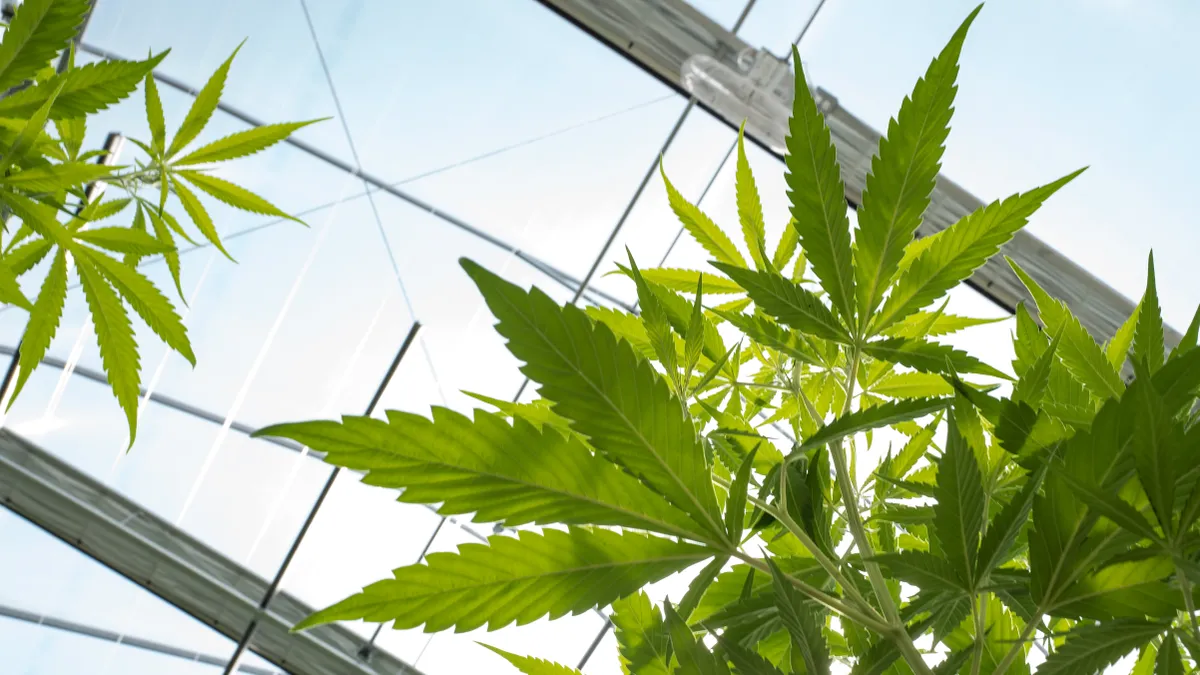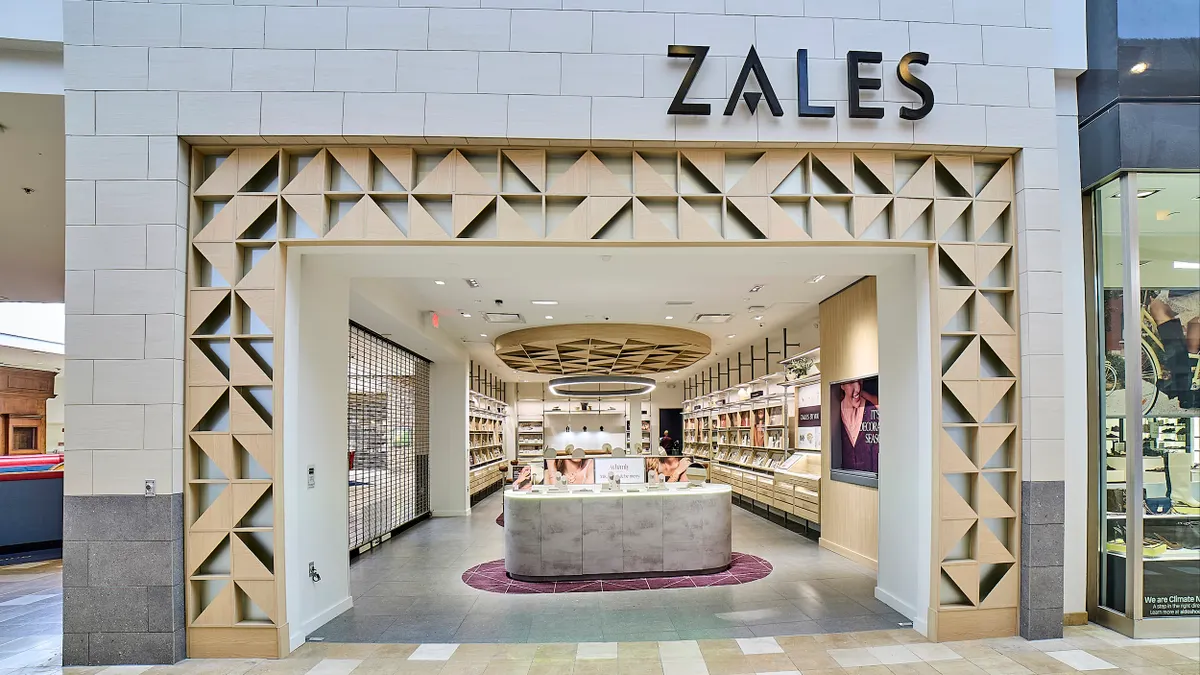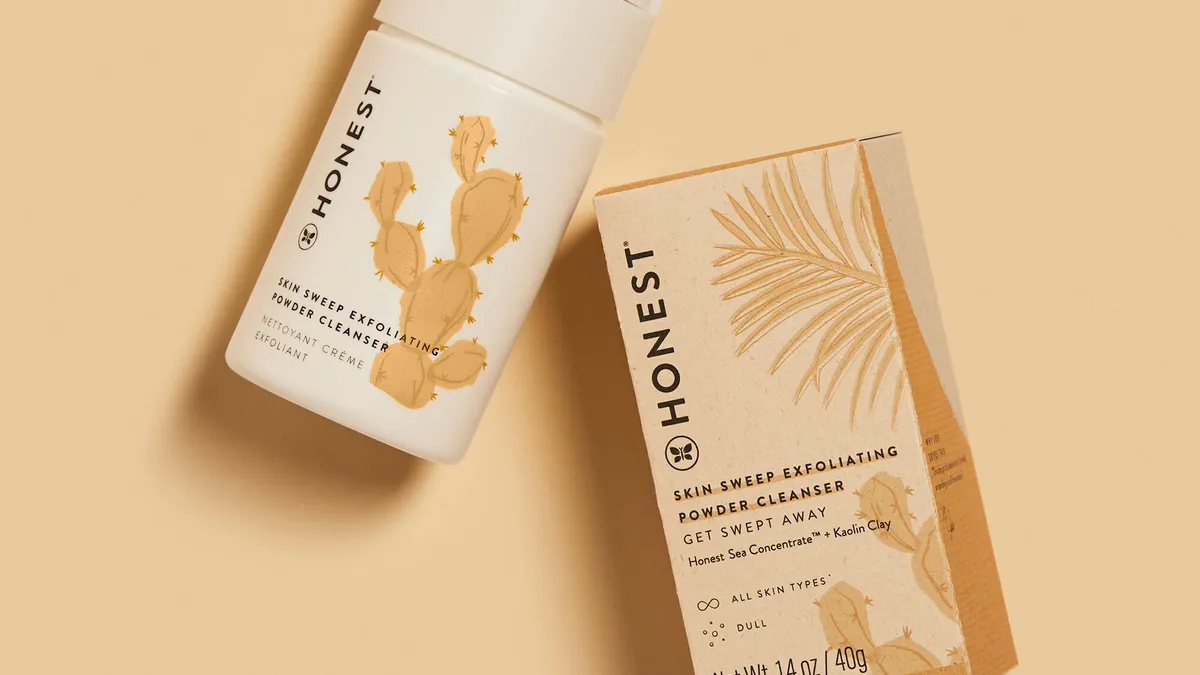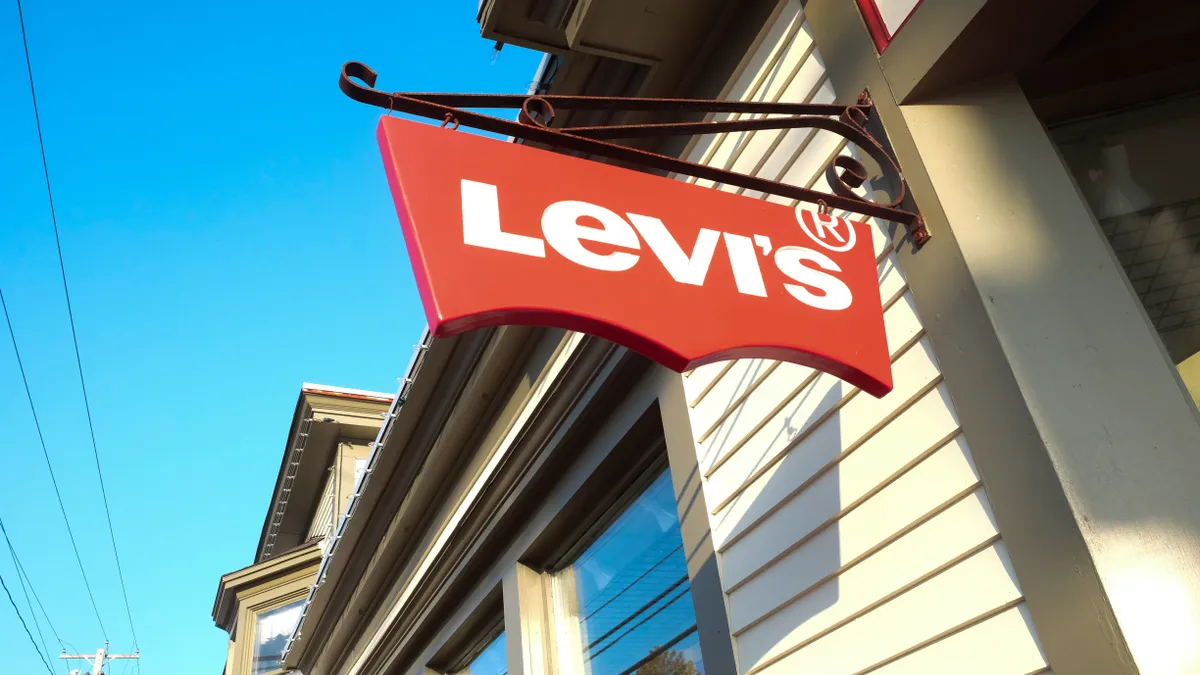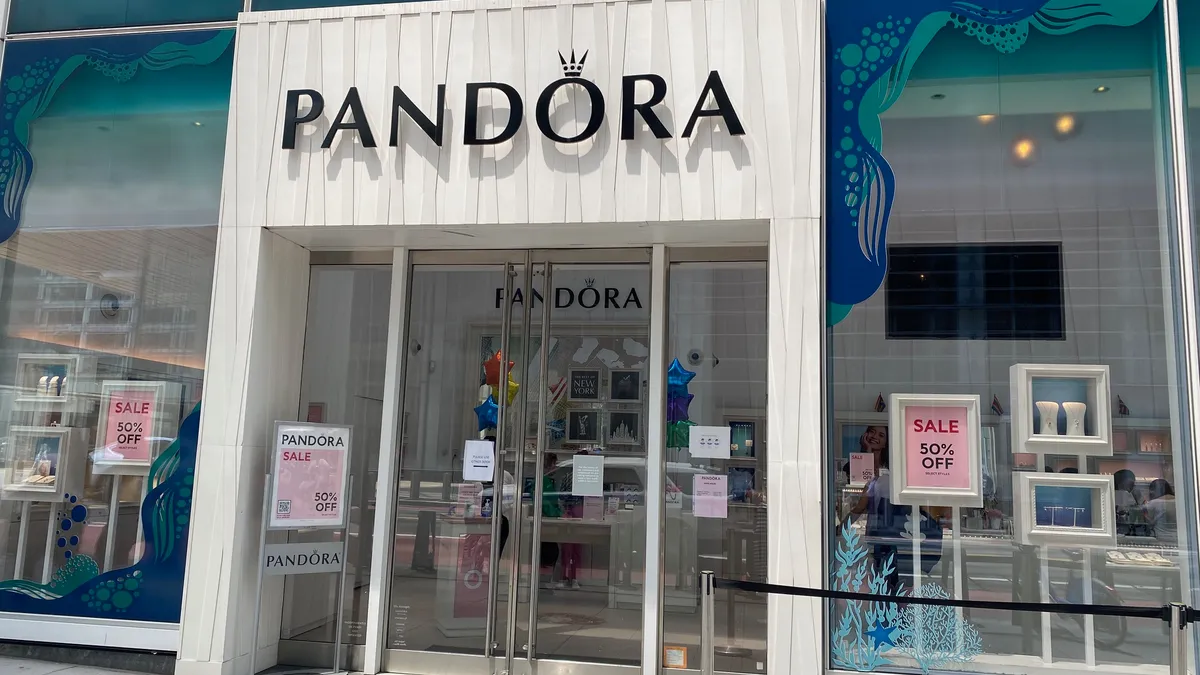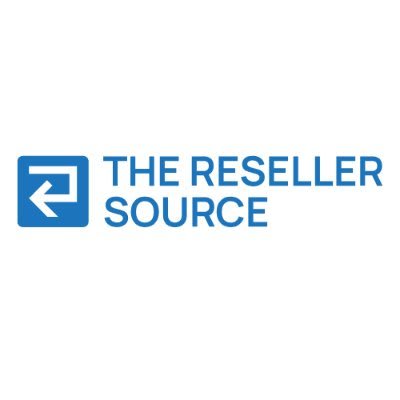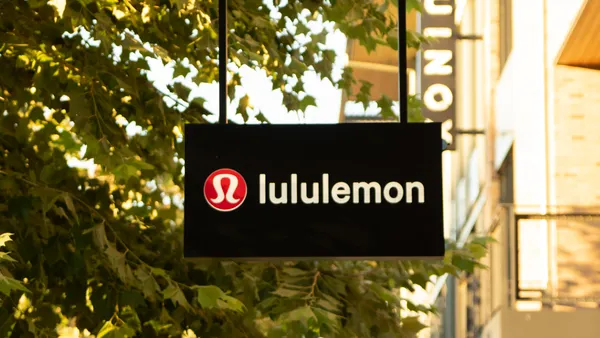Cannabis products were poised as the next big thing.
The segment attracted interest from a variety of CPGs such as Constellation Brands — which bet $4 billion on the growth potential of cannabis — and Molson Coors, both of which announced partnerships with cannabis producers in 2019. The companies debuted products in Canada and parts of the U.S. where cannabis products are legal, such as Colorado, with a goal of capitalizing in each state once they became legal to sell nationwide. Brands debuted products, from soda to jelly beans, that infused the drug in different ways.
Thus far, 37 states and Washington, D.C. have legalized marijuana for medical use. Last fall, advocates were optimistic for national regulation after President Joe Biden pardoned federal marijuana offenses and urged his administration to review how marijuana is classified under federal law.
But despite continued interest from consumers, producers and advocates, CBD-infused products in the food and beverage space have failed to materialize widely because federal regulators have not allowed the ingredient.
On Jan. 26, the U.S. Food and Drug Administration announced it would not regulate CBD products in response to a consumer petition to allow them to be marketed as dietary supplements. The FDA’s Principal Deputy Commissioner Janet Woodcock said in a statement that cannabis poses certain long-term safety concerns.
“Studies have shown the potential for harm to the liver, interactions with certain medications and possible harm to the male reproductive system,” the deputy commissioner said. “CBD exposure is also concerning when it comes to certain vulnerable populations such as children and those who are pregnant.”
The FDA plans to work with Congress to craft a new regulatory pathway with safeguards to mitigate risks, including clear labeling, prevention of contaminants, CBD content limits and a minimum purchase age, Woodcock said.
The federal agency’s announcement was not what food and beverage industry leaders have waited years for and called into question whether CBD-infused products will have the ability to be sold anytime soon.
“The FDA approval was meant to be that moment where major companies would entertain the idea of getting into CBD,” said Erwin Henriquez, market research consultant with Euromonitor International. “After all the momentum, it’s a serious barrier to consumer goods being able to develop in the U.S. CBD space.”
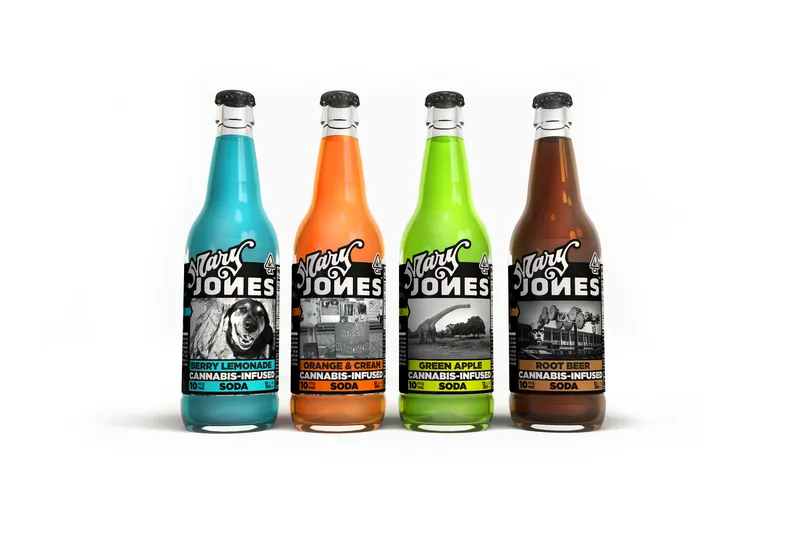
Producers pull away amid lack of progress
The FDA news came as CPGs that bought into cannabis have been in a prolonged limbo awaiting regulation to sell their products — something that’s poised to continue for the foreseeable future.
But even before the FDA’s guidelines were released, several companies exited the space. Molson Coors announced last November that it ended its partnership with CBD producer Hexo, expressing the difficulty of bringing CBD-infused products to scale. Constellation, after posting a $1.1 billion write down in the value of its investment in Canopy, announced it intends to transition into a passive role by trading its existing shares into new exchangeable shares.
The legal gray area for cannabis, where states have differing regulations about what can and can’t be sold, has resulted in some companies choosing not to do business in the United States.
Cannabis industry leaders believe that without meaningful nationwide oversight, producers creating CBD-infused foods and beverages in states where it is legal could traffic in “deceptive marketing” and a lack of high quality standards, Duffy MacKay, senior vice president at the Consumer Healthcare Products Association, told Nutrition Insight.
Nextleaf Solutions, which produces CBD as an ingredient for application in food and beverage products, has 19 patents in the U.S. for extraction and purification of cannabinoids from cannabis and hemp, according to its founder and CEO Paul Pedersen. The lack of regulation has caused the company to avoid manufacturing CBD products in the U.S., he said, because it cannot meet its quality management needs — tracking the ingredient throughout the supply chain — the way it can in Canada. This issue, Pedersen believes, will only continue to prevent the industry from fulfilling its potential.
“My perception is that it’s a really hard time for the industry right now because we’re stuck in this place where some businesses really got ahead of themselves, expecting that the market would open up,” Pedersen said. “If you’re a large company, you’re probably crazy to make an investment right now until there’s more certainty on the issue of regulation.”
In a statement, industry trade group U.S. Hemp Roundtable said that it is “extremely disappointed” by the FDA’s decision not to regulate cannabis. It said CBD products have been sold for roughly a decade and haven’t created any safety issues for consumers. The group accused the FDA of relying on studies that only show risk at large doses that are not common in retail CBD products and said quality and safety measures are already in place in the industry.
“With all of these tools in place as part of the existing, well-established pathways, the FDA’s decision is unwise,” the group’s general counsel Jonathan Miller said in a statement. He added that the industry plans to work with Congress on new legislation to provide legality for its products.
Euromonitor’s Henriquez said there is still potential for cannabis producers to expand their reach in the food and beverage space by looking beyond just CBD. In the meantime, they can capitalize on interest in other wellness products by adding other functional ingredients to products, he said.
“Some of these companies are starting to realize that if they pair CBD with other ingredients and use it for other consumption occasions, it’s more easy to make that connection with consumers,” Henriquez said. “Instead of using CBD as this hero ingredient, you can combine it with other functional things.”



